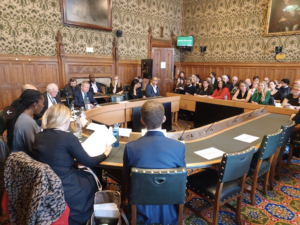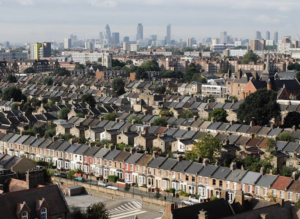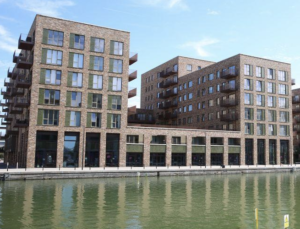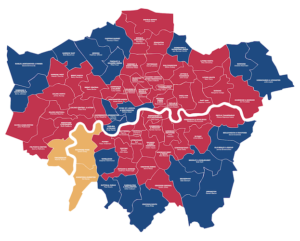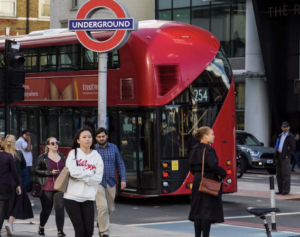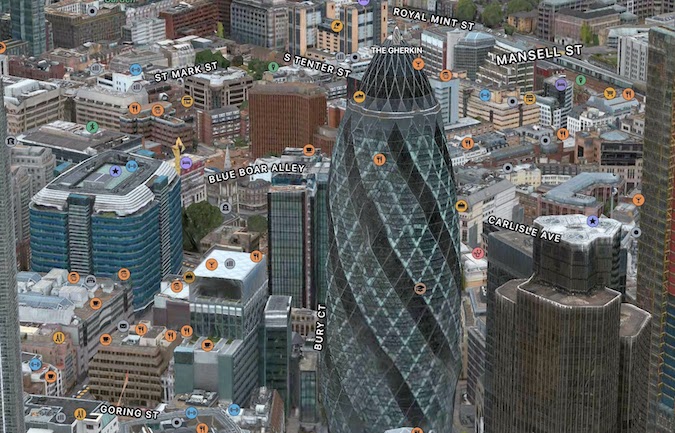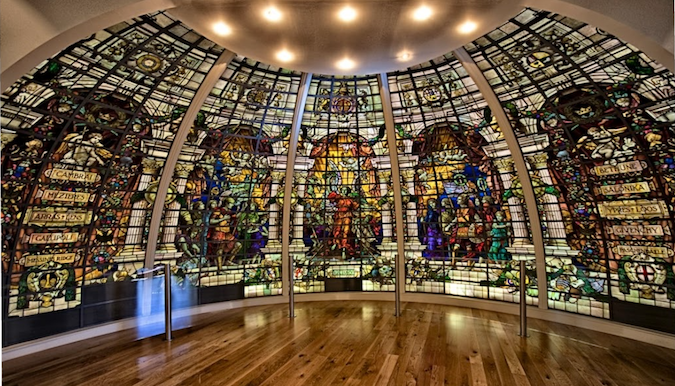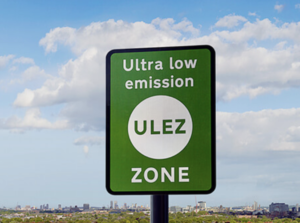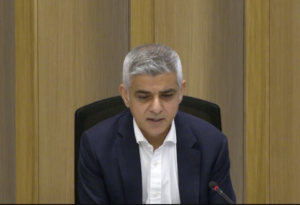“Good day for visiting the House of Commons,” one of the people from London Councils remarked on Monday as I entered the ornate and over-warm Committee Room 5. It was a wry reference to Chancellor Hunt confirming in the House of Commons earlier in the day that the calamitous “new era” mini-budget of ex-Chancellor Kwarteng was well and truly dumped, and warning of painful public spending decisions to come.
I hadn’t yet processed the full rout of “Trussonomics”, having walked from Bank station without consulting my phone and passed New Scotland Yard on the way, where BBC London’s Tim Donovan was preparing his piece to camera about the damning Louise Casey review of Met misconduct. There’s only so much moral authority disintegration you can digest before lunch.
In the room were gathered luminaries of the All-Party Parliamentary Group for London (APPG), London Councils chair Georgia Gould, Trust for London chief executive Manny Hothi and Stephen Jones, policy and research a manager at the London Chamber of Commerce and Industry (LCCI).
APPG co-chair Florence Eshalomi (Lab) observed, with ecumenical understatement, that there was “a lot going on” and expressed relief that her fellow London MP Paul Scully (Con) continues to be minister for London despite the ongoing government turmoil. But new uncertainties had entered the room. How will Hunt’s financial management affect London and Londoners and what should the APPG do about it?
The gathering was billed as a London cost of living event – a timely one, given, as Eshalomi pointed out, that it is London Challenge Poverty Week. Every available seat was filled by an array of London-centrics from local authorities, third sector bodies and public affairs firms. As if inflation wasn’t enough of a concern, there was now talk of public spending cuts and a “targeting” of energy bill support.
Hothi said that across the UK as a whole the crisis has already “pushed more people into poverty than any event this century”, with those on the lowest incomes suffering most. And that’s even before the coldest months arrive. He stressed that good quality advice can help people get by as can good government policy. Better targeting requires “a social tariff”, he said with those on lower incomes “paying a lower price cap”.
Camden Council leader Gould, who speaks persuasively about what local government can learn from responding to the pandemic, said the cost of living surge comes “on the back of years of rising poverty” with the coalition government’s benefits cap playing an early part. “Those who were already facing poverty, whose income was lower than their basic outgoings, are now in a truly terrible situation,” she said. “We’re seeing the level of destitution increase.”
She spoke of “children who have one meal a day, which is their free school meal, and they have to survive on that. Or mums who are facing malnutrition as they struggle to ensure their kids can eat”. Furthermore, Gould said the reach of hardship is increasing. “People who were previously donating to food banks are now finding they have to use them.”
Boroughs themselves are under yet more financial pressure, with a collective £300 million worth of cuts lined up for this financial year and £700 million next, Gould said, and that’s “before any further announcements”. Scully has been quoted saying there is still “fat” in local authority budgets. Ominous if true. Gould wants no more cuts and instead “an increase in funding for councils so we can provide that to communities”.
Stephen Jones described a plethora of pressures on London businesses, the vast majority of which are, as he stressed, at the small and “micro” end of the scale. LCCI members are seeing large increases in the prices of raw materials as well as energy, and then there are borrowing costs. “A lot of businesses took on debt during the pandemic to try and get through,” he explained, and no they’re having to look at taking on more amid hikes in interest rates.
And, of course, inflation – which it was announced today hit 10.1% last month, driven by much higher food prices – is leading to employees seeking pay rises which companies are not in great shape to provide. “Very, very difficult discussions between employers and their staff,” are taking place, Jones said. Yes, energy bill support for businesses until next April was very welcome, but a big lesson from Covid was “the need to avoid cliff edges,” he warned.
The other co-chair, Bob Neill, invited questions from members of the audience, including a representative of the 4 in 10 Child Poverty Network, who emphasised the huge yet often under-recognised importance of childcare costs, the charity London Sport – whose chief executive Emily Robinson said her members had taken on responsibilities for feeding people during Covid “and they are feeding people now” – and a member of Hornsey & Wood Green MP Catherine West’s team, who spoke of rising poverty and lengthening social housing waiting lists across Haringey.
What impact can the APPG London have? London Councils provides the group’s secretariat, a manifestation of the connection between the capital’s parliamentarians and its local authorities. It was plain from the attendance that London’s voluntary and public sector networks are gathering themselves for another huge support effort as Covid is succeeded by the next massive test of the city’s economic and social resilience.
What should the APPG be asking of a calamitous national government? What are its chances of getting it?
Photo from APPG London Twitter feed.
On London strives to provide more of the kind of journalism the capital city needs. Become a supporter for just £5 a month. You will even get things for your money. Details here.

